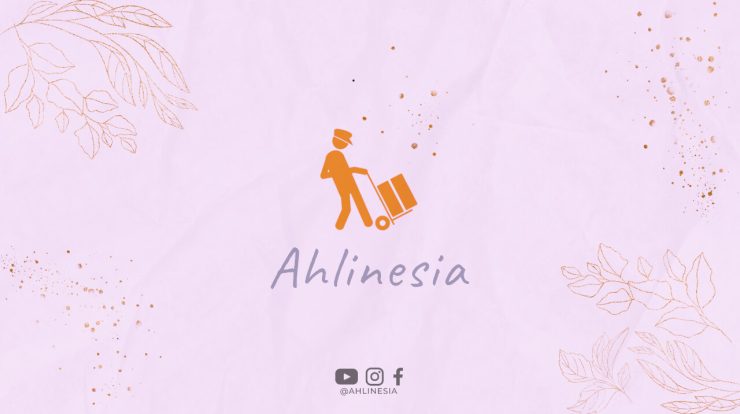
Introduction
Studying in Australia has become increasingly popular among Singaporean students due to its excellent education system, diverse culture, and stunning landscapes. If you are considering pursuing your education in Australia, this article will guide you through the process and provide you with essential information to make your journey seamless and successful.
Choosing the Right Course and Institution
Before embarking on your study abroad journey, it is crucial to research and select the right course and institution that aligns with your interests and career goals. Australia offers a wide range of courses and universities known for their academic excellence, such as the University of Melbourne, Australian National University, and University of Sydney.
Consider factors like the reputation of the institution, course content, location, and available scholarships. Take advantage of university websites, online forums, and consultations with education agents to gather information and make an informed decision.
Understanding Visa Requirements
Obtaining a student visa is an essential step in studying in Australia. The Australian Department of Home Affairs provides detailed information on visa requirements, including the documents needed and the application process. Ensure you meet the English language proficiency requirements and have sufficient financial support to cover your tuition fees and living expenses.
It is highly recommended to start the visa application process well in advance to allow sufficient time for processing and any unforeseen delays.
Financial Planning
Studying abroad can be a significant financial investment. Create a comprehensive budget that includes tuition fees, accommodation, daily expenses, transportation, and healthcare costs. Research scholarship opportunities and explore part-time job options to ease your financial burden.
It is essential to consider the currency exchange rate and plan your finances accordingly. Seek guidance from financial advisors or education consultants to ensure you have a realistic financial plan.
Accommodation Options
Australia offers various accommodation options for international students, including university dormitories, homestays, and off-campus housing. Each option has its advantages and drawbacks, so it is crucial to consider factors such as cost, location, proximity to campus, and personal preferences.
Start your accommodation search early and communicate with your chosen institution to explore available options and any support they offer to international students.
Health Insurance
Health insurance is mandatory for international students studying in Australia. The Overseas Student Health Cover (OSHC) provides essential medical coverage during your stay. Compare different insurance providers to find the best coverage for your needs and ensure you have adequate protection.
Remember to keep your health insurance documents easily accessible and familiarize yourself with the healthcare system in Australia.
Preparing for the Australian Culture
Australia is known for its diverse and multicultural society. Take the time to learn about Australian culture, customs, and etiquette. Familiarize yourself with the local language and slang to ease communication and integrate into the community.
Explore opportunities to connect with other international students through social media groups, forums, and orientation events. Building a support network can help you navigate any challenges and make your study abroad experience more enjoyable.
Arranging Travel and Airport Pick-Up
Once you have secured your student visa and accommodation, it’s time to plan your travel to Australia. Book your flights in advance to secure the best deals and notify your chosen institution about your arrival date and time.
Many universities offer airport pick-up services for international students, which can be a convenient option to ensure a smooth transition upon arrival.
Settling In and Orientation
Upon arrival, attend the orientation programs organized by your institution. These programs provide valuable information about campus facilities, academic support services, and social activities. It is also an excellent opportunity to meet fellow students and make new friends.
Take the time to explore your campus, familiarize yourself with the library and other academic resources, and understand the rules and regulations of your institution.
Academic Life in Australia
Australian universities emphasize independent learning and critical thinking. Attend lectures, participate in tutorials, and engage with your professors and classmates to make the most of your academic experience.
Develop effective study habits and time management skills. Take advantage of the extensive library resources and academic support services offered by your institution to excel in your studies.
Exploring Australia
Australia is a vast and beautiful country with countless attractions to explore during your study break. From iconic landmarks like the Sydney Opera House and Great Barrier Reef to stunning national parks and vibrant cities, there is something for everyone.
Take the opportunity to travel and immerse yourself in the Australian way of life. Plan your trips in advance, considering the weather conditions and any travel restrictions. Don’t forget to capture unforgettable memories along the way!
Conclusion
Studying in Australia from Singapore offers a life-changing experience filled with educational opportunities, cultural immersion, and personal growth. By carefully planning your course, institution, finances, and visa, you can make your study abroad journey a success. Embrace the unique Australian culture, seize every opportunity, and savor the incredible adventures that await you in the Land Down Under!






